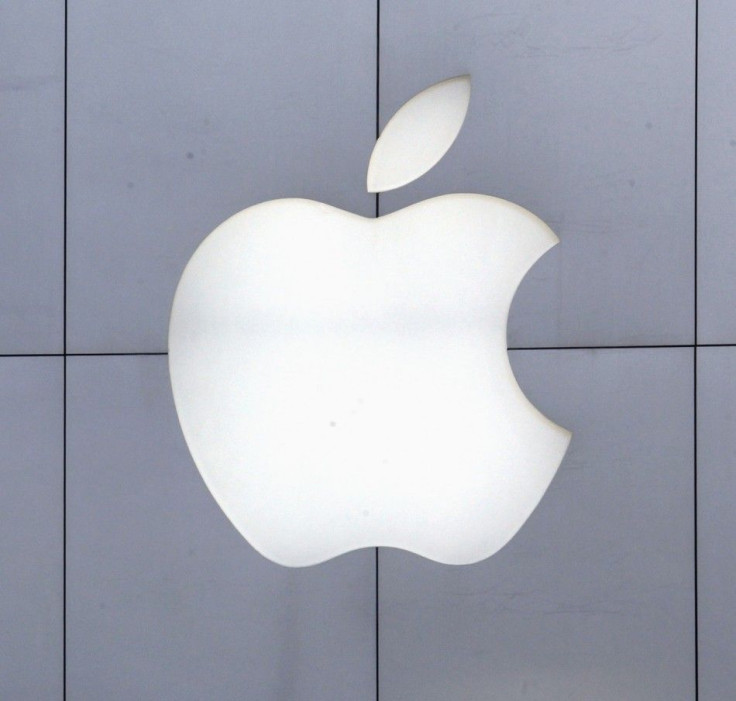Apple Stock Predictions 2012: Why it Could Go a lot Higher
ANALYSIS

The Apple Inc. stock predictions in 2012 of many analysts are bullish.
The median analyst price target for Apple stocks, which are trading around $520 on Feb. 24, 2012, is $600, according to Thomson/First Call. The high price target is $700.
These estimates seem reasonable because Apple stocks, even though they have rallied over 50 percent in the last 12 months, remain cheap.
Stocks are financial assets that have intrinsic value. One type of intrinsic value comes from assets that can be converted to cash. The other type of intrinsic value comes from earnings, which will be presumably distributed to investors through dividends or stock buybacks sometime in the future.
A common metric investors use to gauge value and make predictions is the price-to-earnings (P/E) ratio, or the multiple at which the earnings per share is equal to the price per share.
The higher the presumed earnings growth of a company is, the higher the multiple (and thus share price prediction) should be because earnings growth presumably leads to more money distributed to investors in the future.
Apple stocks' price-to-earnings (P/E) ratio is currently just shy of 15, which is slightly above the P/E ratio of the broad S&P 500.
Apple's P/E ratio also happens to trade close to the historic P/E 10 (Cyclically Adjusted PE Ratio) of the S&P 500 from 1881 to 2011, which is 16.47, according to data collected by Robert Shiller.
Apple, however, should be trading at much higher multiples given its astounding growth.
From December 1988 to December 2011, the S&P 500's P/E ratio averaged about 25 while its quarter-to-quarter earnings growth rate average about 1.3 percent.
Since the iPhone was released in June 2007, Apple's quarter-to-quarter growth rate averaged a hefty 22 percent.
Historically, premium growth companies have traded as high as 80 times their earnings, said hedge fund manager David Einhorn in a 2010 interview with Bloomberg TV.
One can certainly argue that Apple is a premium growth company.
Aside from historic comparisons, Apple stocks seem cheap compared to their contemporary peers. Apple's P/E ratio is lower than IBM's at 15, Google's at 20.50, Oracle's at 16, Cannon's at 18, Texas Instruments' at 18, Yahoo!'s at 18 and Adobe's at 20.
Moreover, Apple holds $96 billion in cash and marketable securities, which is about $100 per share outstanding.
From this perspective, Apple stocks, net of cash and marketable securities, are actually trading at an even more absurdly low P/E ratio relative to the S&P 500.
Apple's cash hoard, of course, is also a cause of worry for investors and a reason for its stock's cheapness.
Some investors fear that Apple will waste its vast cash hoard instead of investing it productively to generate earnings growth or returning it to investors through dividends or stock buybacks.
Cash flow from dividends and stock buybacks, after all, is the main reason stocks have intrinsic value, according to academic theory.
This worry is not entirely groundless.
For example, General Motors, under the poor guidance of former CEO Roger Smith, burned $90 billion in the 1980s on new plants, equipment and acquisitions, according to Fortune. Most of these moves did not ultimately prove profitable and contributed to GM's bankruptcy in 2009.
So far, however, there are little to no signs that Apple is headed towards that unfortunate direction. Apple could still experience high growth through sales in emerging market countries or new products. It also has not ruled out the possibility of returning cash to investors.
However, even if Apple were to make a suboptimal decision regarding its cash pile and see its growth flatten, Apple investors may not suffer too greatly.
At current prices, investors are not paying for hyperbolic growth rates or the $97 billion cash pile; they are only paying for a solid company with modest growth rates. If Apple fulfills that expectation, investors will have returns in line with the market average.
The benefit of investing in Apple, however, is that investors essentially get the upside potential of superior growth and big cash dividends, which lead to superior returns, for free.
© Copyright IBTimes 2025. All rights reserved.





















